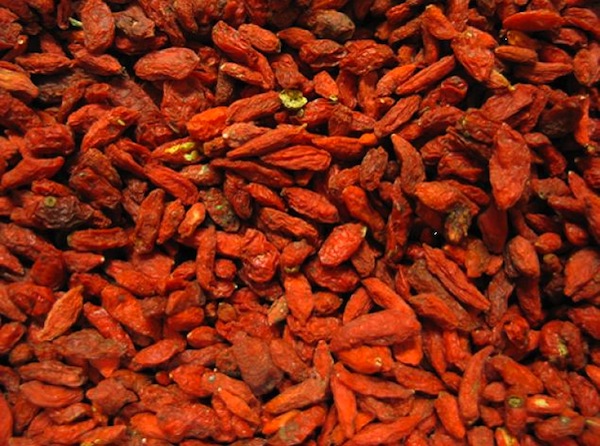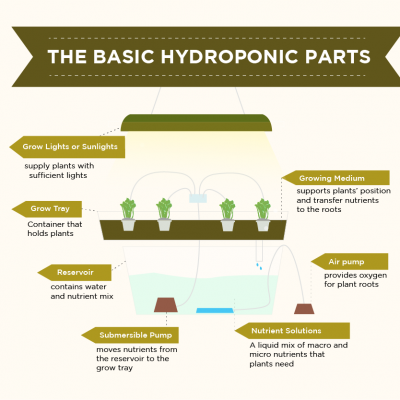Not all foods were created equal - some are so packed with vitamins, minerals, antioxidants, essential fatty acids and other beneficial substances that they've been deemed "Superfoods".
Superfoods have incredible health benefits, packing a powerful nutritional punch that helps protect against cancer and heart disease, lower cholesterol, protect the organs from toxins and improve digestive health. Superfoods can help you live longer. Here are 10 superfoods that can supercharge your diet, including fruits, vegetables, dairy, legumes, grains and fish.
Acai:
This exotic berry from the Amazon is the number one superfood and one of the most powerful foods in the world, acai (pronounced ah-sigh-ee) contains a remarkable concentration of antioxidants, amino acids and essential fatty acids. It's considered one of nature's best offerings to combat premature aging thanks to its high monounsaturated oleic acid content. Oleic acid helps omega-3 fish oils penetrate cell membranes, making them more supple.
Yogurt:
It's alive! Yogurt contains active cultures known as "friendly bacteria" that restore healthy balance in the digestive system. Among the most well-known cultures is Lactobacillus acidophilus, which passes through the stomach and populates the intestines, helping the body fight off infection. One cup contains 50 per cent more calcium than the same size serving of milk, and it's also full of potassium, riboflavin, magnesium and phosphate.
Broccoli:
This cruciferous vegetable is loaded with vitamin C, folic acid and carotenoids, which are packed with vitamin A and protect your cells from the damage of free radicals, enhance immune system function and improve reproductive health. Just one serving (1 medium stalk) provides 175 per cent of the recommended daily value of vitamin K, which helps build strong bones and plays an important role in blood clotting. Just half a cup of broccoli per day is also said to help prevent a number of cancers, particularly cancers of the lung, colon, rectum and stomach.
Lentils:
Among the most nutritious legumes, lentils are a great source of cholesterol-lowering fibre and lean protein. They contain lots of iron and B vitamins and are very filling, yet low in calories. Folate and magnesium also contribute to heart heath and improve the flow of blood, oxygen and nutrients throughout the body.
Sweet potatoes:
They'll satisfy your craving for starches but are far healthier than their white, nutritionally lacking cousins. Carotenoids, vitamin C, potassium and fibre are just a few of the benefits of eating this savoury-sweet veggie, which is ranked among the highest vegetables on the nutrition scale. Sweet potatoes can help stabilise blood sugar, making them a great choice for diabetics, and are relatively low in calories.
Blueberries:
Hidden within the juicy, deep blue-purple flesh of this tasty fruit is cancer-fighting ellagic acid, an antioxidant that has been proven in laboratory research to slow the growth of some cancerous tumours. Blueberry extracts have also been shown to have anti-inflammatory properties and help prevent infectious bacteria from clinging to the walls of the gut, bladder and urethra.
Wild salmon:
Packed with omega-3 fats, wild salmon can help reduce the risk of sudden-death heart attacks and contains lots of vitamin D and selenium for healthy hair, skin, nails and bones. Wild salmon can be eaten with little fear of mercury or excess contaminants. Consume two to four 120g servings a week for optimal benefits.
Goji berries:
They've been called the most nutritionally dense food on Earth, and they taste something like salty raisins. They contain more vitamin C than oranges, more beta carotene than carrots and more iron than steak. The dried Himalayan fruit is also a great source of B vitamins and antioxidants and contains 15 amino acids. Goji has been used medicinally in China for centuries to improve blood circulation, strengthen the limbs, improve eyesight, protect the liver, increase libido and boost immune function.
Kale:
(Arabic=lefet) A dark, leafy green. Kale contains high amounts of beta carotene, iron and folate. It's also a low-calorie, low-carb source of protein that's packed with fibre, which improves digestive health and helps you feel full. A small cupful of cooked kale provides more than half the recommended daily allowance of vitamin C.
Barley: (Arabic=Shaiir)
This low-glycemic grain is high in both soluble and insoluble fibre, which help the body metabolise fats and promote a healthy digestive tract, respectively. Eating hulled barley on a regular basis is said to lower blood cholesterol levels, protect against cancer and keep blood-sugar levels stable. Barley is rich in niacin, vitamin E, lignans and phytochemicals that function as antioxidants. Article provided by Mrs. Mireille Corbani, Chief Clinical Dietitian and Owner of Le Gabarit Diet Center.
















































